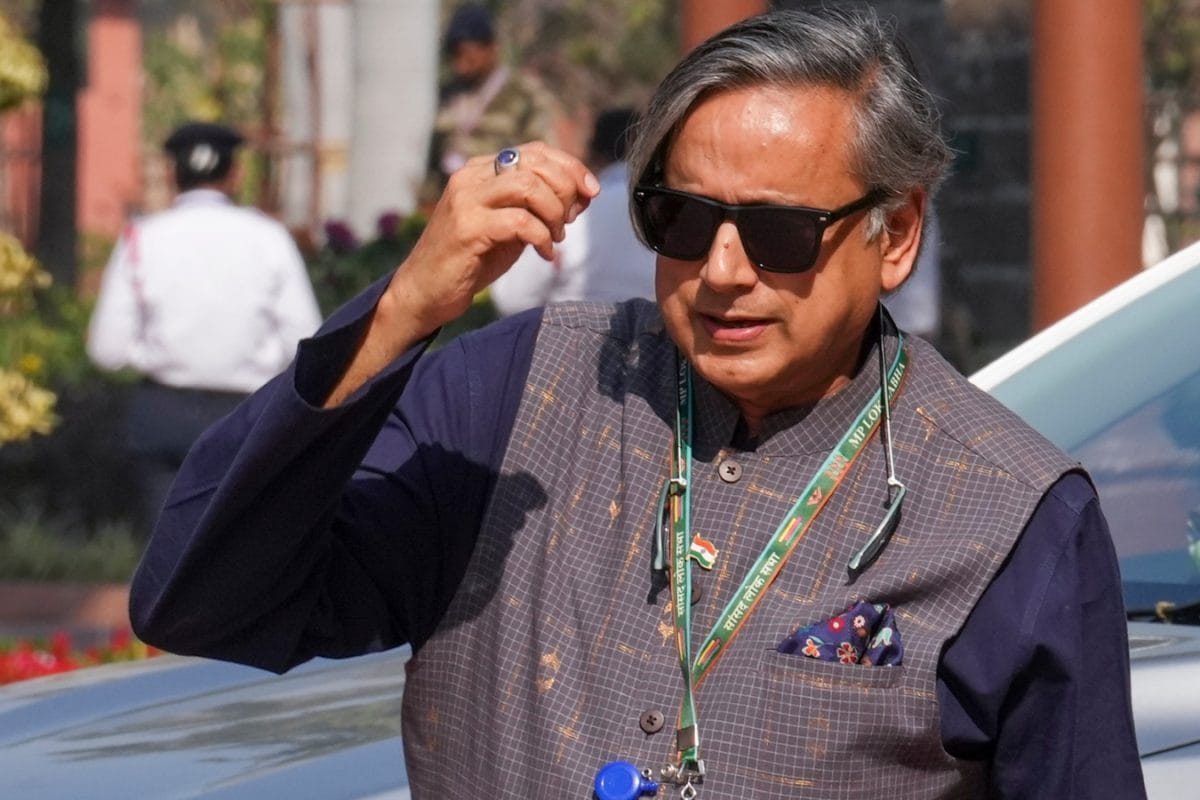

Shubhanshu Shukla's recent mission to the International Space Station (ISS) has been lauded as a significant milestone for India's space program, with politicians and citizens alike celebrating his achievement. Group Captain Shubhanshu Shukla, a pilot in the Indian Air Force (IAF), became the first Indian in 41 years to travel to space and the first ever to visit the ISS. His 18-day mission aboard the ISS involved conducting over 60 experiments, contributing valuable data for India's upcoming Gaganyaan program.
The return of Shubhanshu Shukla to India was met with jubilation. He landed in Delhi on Sunday and was greeted by Union Minister Jitendra Singh, Delhi Chief Minister Rekha Gupta, and ISRO Chairman V. Narayanan, along with crowds waving the Indian flag. Prime Minister Narendra Modi also praised Shukla's success, emphasizing India's commitment to developing its own space station and advancing its space ecosystem.
In recognition of Shukla's achievement, the Lok Sabha scheduled a special discussion to honor him and deliberate on the role of India's space program in achieving "Viksit Bharat" by 2047. Union Minister Kiren Rijiju hailed the mission as a "historic milestone". The discussion aimed to highlight India's growing space ambitions and the importance of indigenous programs like Gaganyaan.
However, the opposition decided to boycott the special discussion. The opposition MPs have been protesting against the Special Intensive Revision (SIR) in Bihar and their demand for a debate on the same has repeatedly been turned down by the Centre. Despite the boycott, Congress MP Shashi Tharoor praised Shubhanshu Shukla's mission as a "powerful symbol" of India's human spaceflight ambitions and a crucial step towards the Gaganyaan program. Tharoor emphasized the invaluable hands-on experience and data gained from the mission, which cannot be replicated in simulations. He also highlighted the diplomatic significance of the mission, calling it a milestone in "global space diplomacy".
Shukla's journey to the ISS was part of the Axiom-4 mission, which launched from NASA's Kennedy Space Center in Florida on June 25. Aboard the Dragon Capsule "Grace", Shukla and his crewmates conducted experiments in medicine, agriculture, and the effects of space. Some of the experiments included studying the growth of "moong" and "methi" seeds in microgravity, testing the resilience of Indian strains of Tardigrades, and analyzing the effects of using computer screens in zero gravity.
Shukla's mission is seen as a major boost to India's Gaganyaan program, which aims to send Indian astronauts into space aboard domestically developed spacecraft. His participation in the Axiom-4 mission provided ISRO with practical experience and insights into spacecraft systems, launch procedures, and the psychological and physiological effects of microgravity. The mission also tested Indian systems and protocols in a live space environment, generating scientific findings that will shape life-support and medical systems for future Indian spaceflights.
Shukla's message from space resonated widely, symbolizing both the personal and national significance of his journey. His words and actions have inspired Indians and demonstrated India's commitment to innovation, collaboration, and leadership in space exploration.